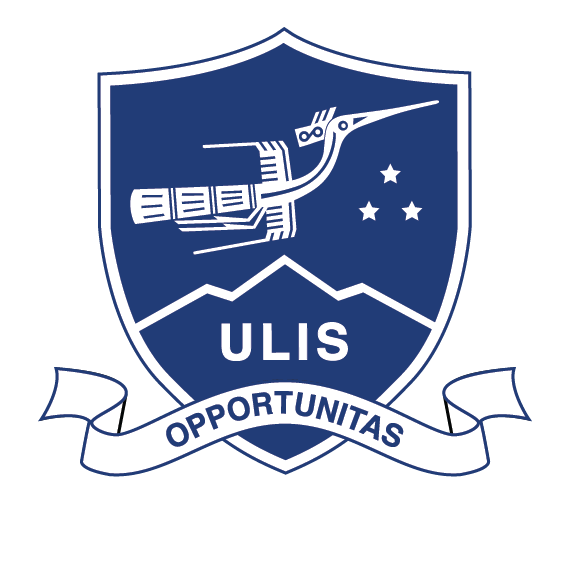Job prospects for students of Political Science after graduation
4 out of 5 politics students find a job after graduation, mostly for durations of six months to one year. In reality, job prospects for politics students cover various fields and vocations.

(photo by Phuong Linh)
Realistic statistics and job prospects
Annually, until the time of graduation, students of universities in general, students of Faculty of Political Science, University of Social Sciences and Humanities (Vietnam National University Hanoi) in particular both feel happy and worried holding a graduate degree. Finding a vocation directly related to trained-specialty is always the desire of graduates and even undergraduates. In fact, there are various job opportunities and challenges waiting for students ahead. Theoretically, because of the characteristics of the vocation, politics graduates are often supposed to become experts, or people working in academic and research fields rather than in production fields. However, according to Assoc. Prof. Ph.D Nguyen Anh Cuong, Deputy Dean of Political Science, politics students after graduation can “work in a wide range of fields and professions in state agencies, non-state organizations, and private enterprises”.
According to the result of an online survey conducted on 55 Politics alumni, about 80% of students have a job with durations of 6 months to 1 year after graduation compared to nearly 20% of them are unemployed. In particular, more than half of the 80% of employed students get a job directly related to their trained-specialty; and only one-third of them do a non-major-related job. Among the cases of underemployment, nearly 70% are due to the “have not found a desired job” reason, other factors such as inexperience, lack of foreign languages, computer skills, and job interview skills are considered as the main causes.
Competitive advantages and challenges
“The dramatic and sometimes unpredictable changes of economic and socio-political conditions, along with the increasingly demanding standards and requirements of employers for candidates are considered as main challenges if politics students are not flexible in assessing properly their advantages and disadvantages in job competition with other students”. According to masters of Political Science Faculty, the basic competitive advantages of political students are strategic thinking, comprehensive vision, sensitivity to dynamics of social practice, wide knowledge and well-equipped ability with the methodology of social science. These strengths can empower political students in interacting and communicating effectively in the real-world workplace.
In comparison to students from different vocations, there is also a disadvantage for politics students in job competition because “they hardly receive intensive training on a specific field, which may require more time and resources for retraining or further training”. On the long run; notwithstanding, as long as politics students are aware of self-training, lifelong-learning, they can “adapt to the rapid and dramatic shifts of social and technological life, which may be a challenge for students trained in only one specific area”, shared by Sir Nguyen Anh Cuong. Therefore, “it is important to understand your strengths and weaknesses, advantages and disadvantages through which you have an appropriate approach, an effective job-hunting strategy to stand a strong chance of being recruited among other candidates”, according to the sharing of M.S. Nguyen Thanh Tung, lecturer of Political Science Faculty.
The practical sharings from postgraduates
According to alumni recruited before graduation, there are three factors that students should keep in mind when applying for a job. First is mastering the specialized knowledge. Second is enriching communication and behavior skills to expand social relationships in diverse fields. The third is paying attention to improve essential office informatics skills.
The outcomes of the survey also indicate that skills such as office informatics, presentation, communication, and foreign languages are important factors that can help students increase their job opportunities and efficiency in the workplace. Furthermore, most alumni sharing their job search experience agree that it is necessary to ensure the harmony, and balance among knowledge, skills and attitude during job search process.

A political class (photo by Hong Que)
Advice from teachers
Through practical assessment, a successful person is not necessarily a person equipped with the best knowledge, but with the best skills and attitude. Sir Nguyen Anh Cuong also emphasizes that “A person’s success is 60% determined by attitude, 30% by skills, and knowledge makes up only 10%”. Therefore, he advises students that “besides mastering specialized knowledge, students need to constantly train themselves and exert their best in order to meet a variety of job standards and requirements, which emphasizes on virtues such as perseverance, responsibility, enthusiasm, humility and “eager-to-learn” attitude – factors that are highly appreciated by employers”.

